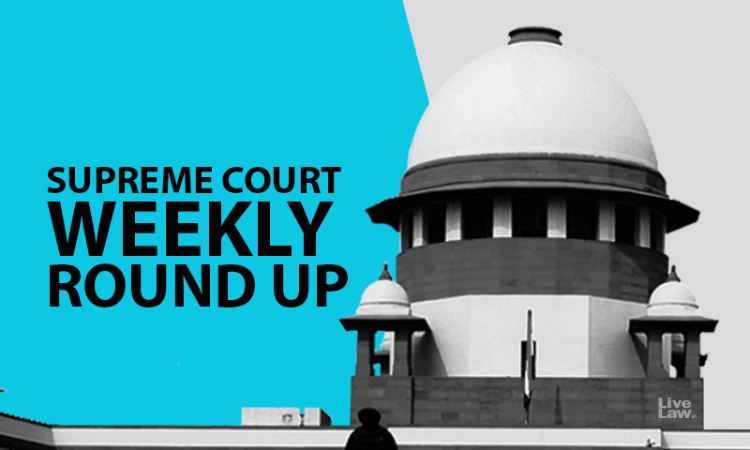Next Story
23 Jan 2022 5:11 PM IST
JUDGMENTS THIS WEEK1. If Fraudulent Affairs Of Company Are Continuing, Right To Seek Winding Up Becomes Recurring : Supreme Court In Antrix-Devas CaseCase Title: Devas Multimedia Private Ltd vs Antrix Corporation Ltd and anotherCitation : 2022 LiveLaw (SC) 57The Supreme Court has dismissed an appeal filed by Devas Multimedia challenging the orders passed by the NCLT and NCLAT allowing the...

